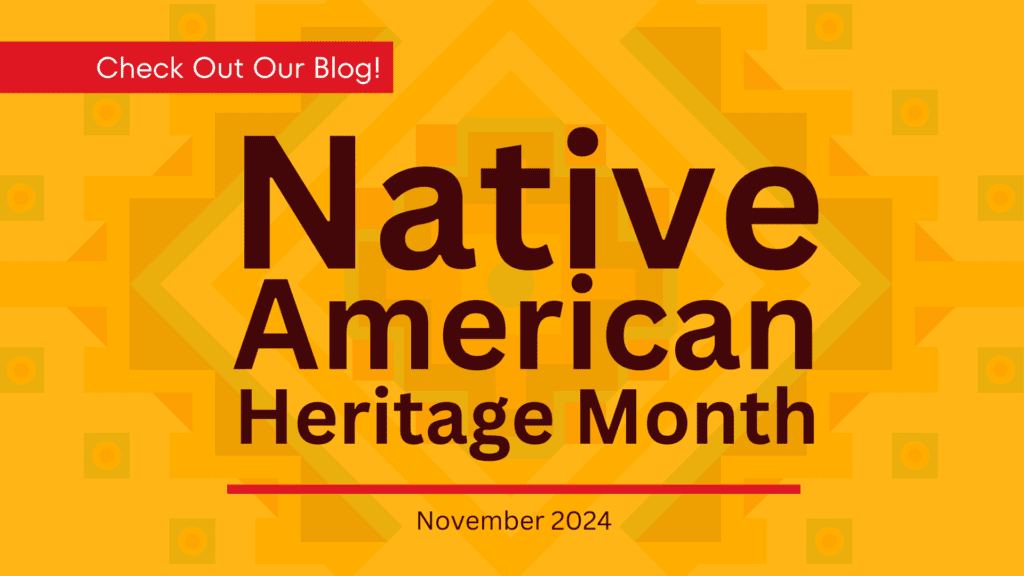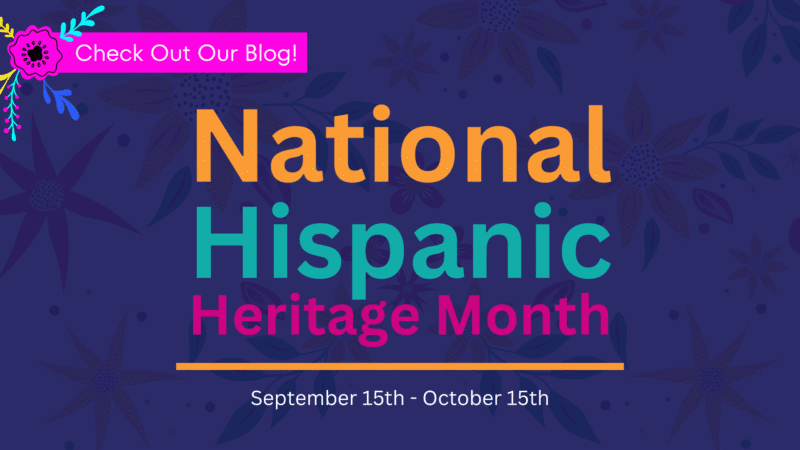
November is a time to recognize and honor the rich culture, enduring resilience, and invaluable contributions of Native American communities to the fabric of American society. Native American Heritage Month, established to educate and deepen understanding, offers an opportunity to reflect on the unique heritage, challenges, and achievements of Indigenous peoples. This month also encourages meaningful engagement with Native communities and supports efforts to address ongoing issues they face.
A Tapestry of Culture and Identity
The Native American story is woven from the distinct and diverse cultures, languages, and traditions of more than 574 federally recognized tribes across the United States. Each tribe carries its unique customs, history, and heritage, reflecting a profound relationship with the land, nature, and the community. From the Haudenosaunee Confederacy’s influence on democratic principles to the Navajo Code Talkers’ service in World War II, Native American cultures have left an indelible mark on U.S. history. Recognizing these contributions helps foster a more inclusive understanding of American identity, where Indigenous perspectives are valued and celebrated.
For many Native American communities, language is more than just a means of communication—it embodies cultural identity and ancestral wisdom. Over centuries, Native languages have been endangered due to colonization and assimilation policies, yet today, language revitalization efforts are gaining momentum. Tribes across the country are reinvigorating their languages through immersion programs, youth initiatives, and digital resources. The Cherokee, Hawaiian, and Ojibwe language programs are just a few examples of how Indigenous communities are nurturing linguistic heritage for future generations. By preserving language, Native American communities are also safeguarding cultural narratives, values, and traditional knowledge systems.
Environmental Stewardship and Indigenous Knowledge
Native American communities have a profound respect for the environment, guided by generations-old knowledge systems that emphasize harmony with nature. Indigenous ecological practices, such as controlled burns, sustainable agriculture, and resource conservation, reflect a balanced approach to living on the land. These practices are now gaining recognition globally, especially as climate change challenges intensify. The recent revival of controlled burns in California, inspired by Indigenous knowledge, has proven effective in managing wildfires. Honoring Indigenous perspectives on environmental stewardship offers valuable insights for sustainable development and climate resilience.
Resilience Amidst Challenges
Despite their significant contributions, Native American communities continue to face challenges, from healthcare disparities to legal battles over land and sovereignty rights. The COVID-19 pandemic further exposed health inequities, disproportionately impacting Indigenous communities. However, these challenges are met with resilience and determination. Organizations like the National Congress of American Indians (NCAI) and the Native American Rights Fund (NARF) tirelessly advocate for policies that support Native sovereignty, economic development, and healthcare access. Supporting these efforts not only advances justice for Indigenous peoples but also strengthens the collective society.
Native American Heritage Month is more than a moment of remembrance—it is an invitation to engage, learn, and advocate for a future where Indigenous voices are heard, respected, and empowered. Individuals can participate by learning more about Native cultures, supporting Native-owned businesses, and advocating for policies that protect Indigenous rights and lands. By honoring Native American heritage, we are not only recognizing the past but also building a more inclusive future that respects the profound legacy and ongoing contributions of Native American communities.
This month, take a moment to celebrate the enduring resilience and remarkable legacy of Native American communities, and join in the journey toward a more equitable and inclusive society.




